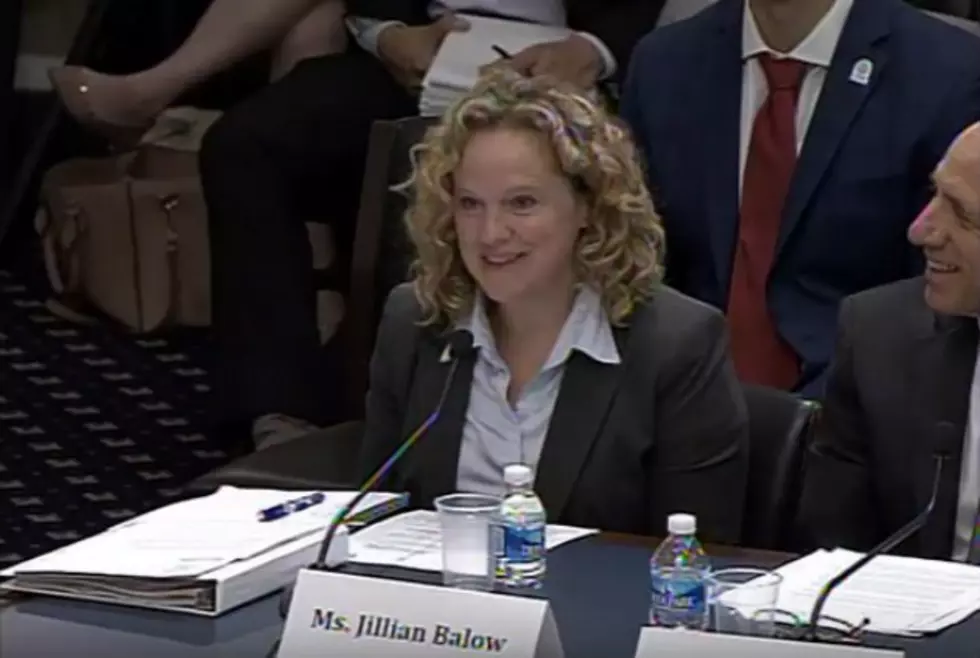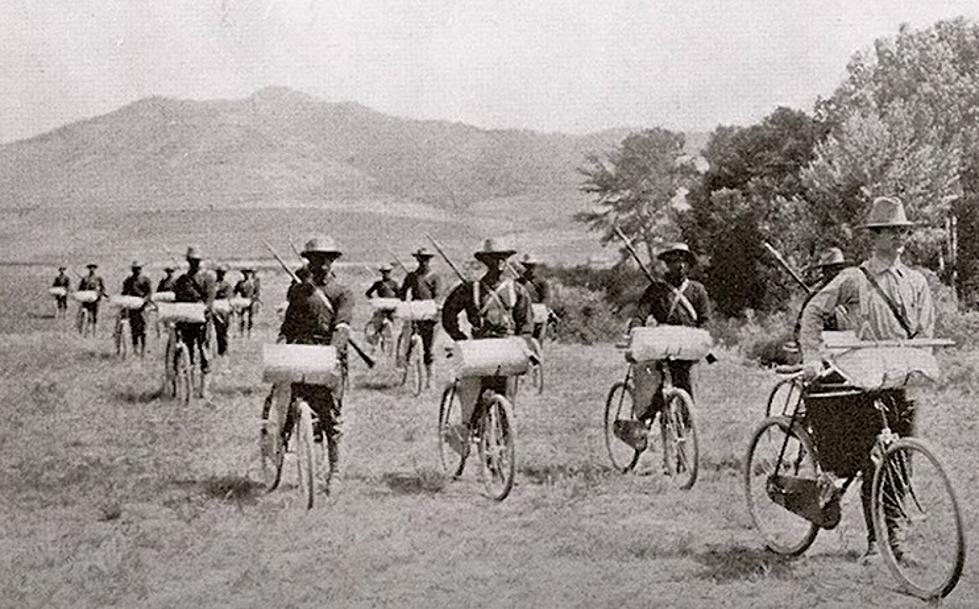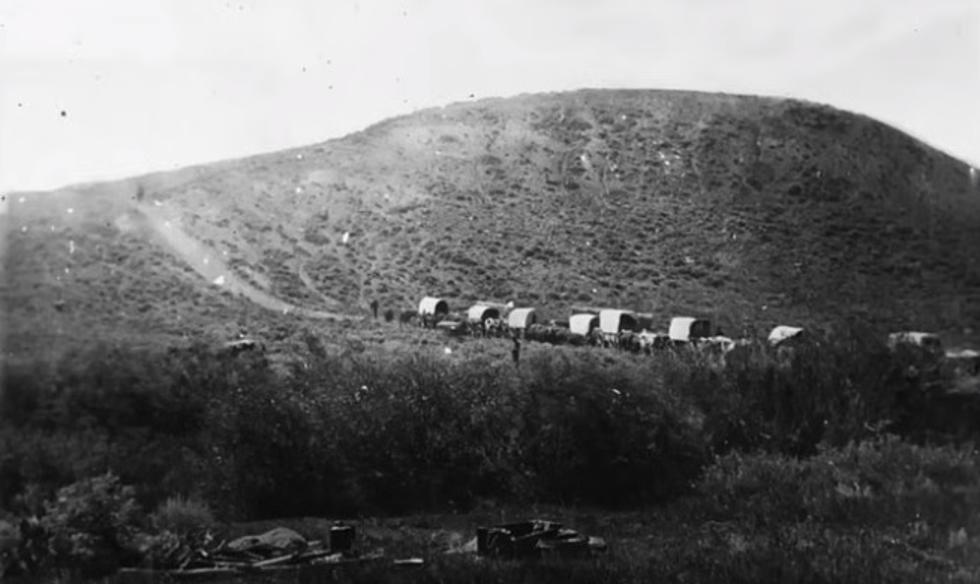
Wyoming Superintendent Pushes Back Against Biden Administration’s Grants for Teaching Diversity in Civics
Wyoming Superintendent of Public Instruction Jillian Balow released a statement on Tuesday which pushes back against the Biden Administration’s grant proposal for schools that teach more ‘racially, ethnically, culturally, and linguistically diverse perspectives’ in k-12 civics education curriculum.

Last month, The Department of Education proposed two priorities for American History and Civics Education grant programs for public schools. According to the Federal Register, the purpose of these programs is to improve “the quality of American history, civics, and government education by educating students about the history and principles of the Constitution of the United States, including the Bill of Rights; and (2) the quality of the teaching of American history, civics, and government in elementary schools and secondary schools, including the teaching of traditional American history.”
Similarly, according to the register, “The purpose of the National Activities program is to promote new and existing evidence-based strategies to encourage innovative American history, civics and government, and geography instruction, learning strategies, and professional development activities and programs for teachers, principals, or other school leaders, particularly such instruction, strategies, activities, and programs that benefit low-income students and underserved populations.”
The first of these grant proposals would prioritize projects that would help teach news literacy, while the other would offer grants to educators that teach ‘racially, ethnically, culturally, and linguistically diverse perspectives’ in their curriculum.
An example cited in the register was the New York Times 1619 Project, which focused on the history of American slavery. The Biden Administration’s proposal does not require educators to adopt the 1619 project as curriculum but, instead, used it as an example of the type of curriculum that could be offered to students.
Superintendent Balow was none-too-pleased with this idea, and she made her thoughts known in a written statement, published to Wyoming’s Education website.
“The U.S. Department of Education has proposed priorities for American History and Civics Education grant programs published in the Federal Register,” Balow wrote. “Those priorities include encouraging districts to use curriculum related to divisive author Ibram X. Kendi and the New York Times '1619 Project.'"
She continued, stating that, “This is an alarming move toward federal overreach into district curriculum and should be rebuked across party lines.”
Balow attempted to minimize the culturally relevant and historically accurate outline to focus on aspects of American history that are not so easy to digest, including slavery and how Native Americans were treated in the early days of this country.
“The draft rule is an attempt to normalize teaching controversial and politically trendy theories about America’s history,” Balow stated. “History and civics should not be secondary to political whim. Instead, history and civics instruction should engage students in objective, non-partisan analyses of historical and current events. For good reason, public schools do not promote particular political ideologies or religions over others. This federal rule attempts to break from that practice and use taxpayer dollars to do just that.”
Balow wrote that America needs to update and renew expectations for teaching and learning about history and civics, but noted that those updates should take place in the state, without federal overreach.
“Every school board, state legislature, and state superintendent should be working to build local consensus about what should be taught and what materials to use in classrooms,” she said. “Every family should be engaged in activities that ensure the rising generation is properly prepared to be informed citizens. Every student deserves a rich and engaging education about America’s triumphs, treacheries, losses, and victories. Our touchstone is our shared principle that all Americans have infinite value and individual freedom and responsibility."
Balow ended her statement by writing that "We must strive to find common goals and values as a nation, not tear each other and our country apart.”
This proposed federal rule is open to public comment until May 19, and it can be accessed here.
Casper Mountain as it Was Over 100 Years Ago
More From Wake Up Wyoming









